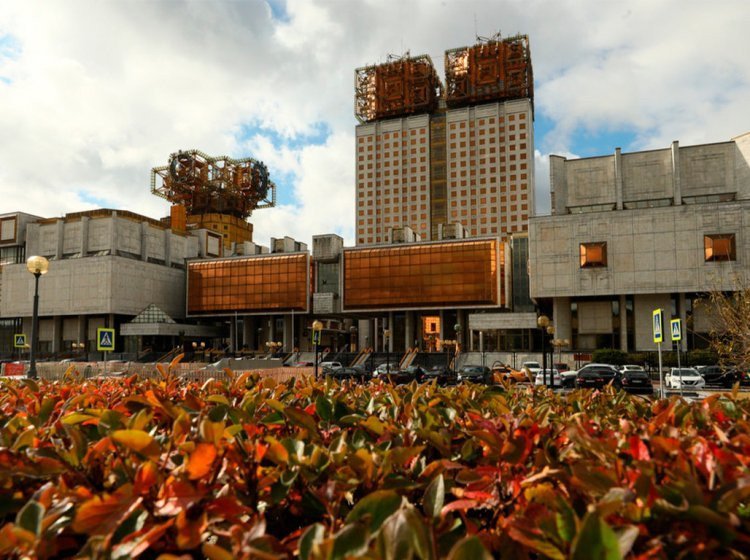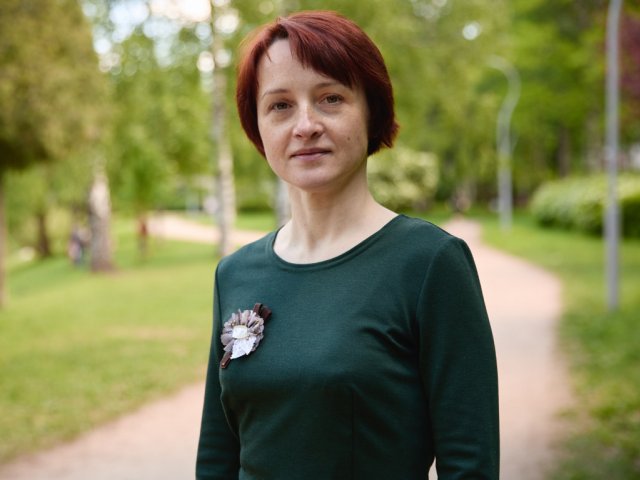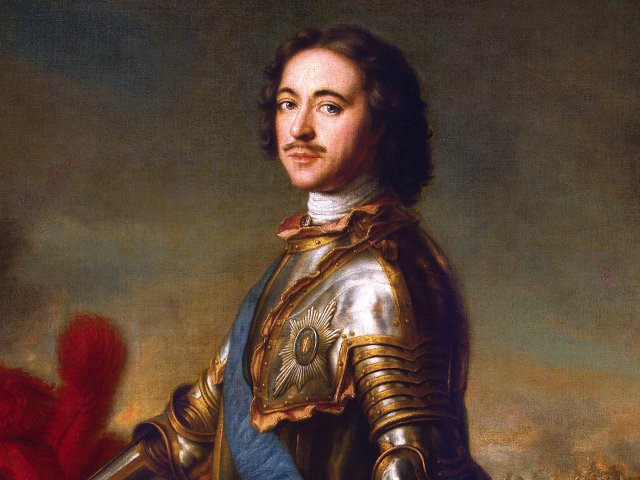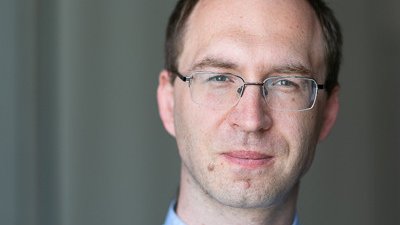Today, on April 7, the National Research Institute of World Economy and International Relations of the Russian Academy of Sciences held a meeting of the Academic Council dedicated to the 100th anniversary of the birth of Academician Nikolai Inozemtsev.
The event was led by Fyodor Voytolovsky, RAS Corresponding Member and Director of IMEMO RAS.
He greeted his colleagues and emphasized that the centennial anniversary of Academician Nikolai Inozemtsev is a significant event not only for the Institute, but for the entire Academy of Sciences.
“Nikolai Inozemtsev belongs to the generation that has borne much on its shoulders. The man whose formation began in the 30s. The man who went through World War II as a petty officer and sergeant. The man who saw the real war. The man who became one of the first graduates of MGIMO. He was one of the founders of the Scientific and Expert Council, which became active during the Cold War,” Fyodor Voytolovsky said.
Fedor Genrikhovich noted that the scientific directions established in the time of Nikolai Nikolaevich remain important scientific schools and intellectual motors for the work development today.
“He pursued new ideas, argued and proved the need to find ways, foreign policy solutions. The man made his professional career in that system, but brought a lot to that system in terms of enriching it with new approaches, methods of analysis and study of world politics, world economy and international relations,” the speaker said.
Alexander Dynkin, Academician and President of IMEMO RAS, spoke about the biography of Nikolai Inozemtsev in his report Ahead of His Time. The speaker noted that Nikolai Nikolayevich headed the Institute at a difficult time, but the institution was developing rapidly nonetheless. The Institute played an important role in the political development of the country, in particular, in the transition from confrontation to détente.
“The word ‘global problems’ first appeared in the Soviet foreign policy rhetoric during Nikolai Nikolaevich’s time and the concept made its way into the materials of the 25th CPSU Congress and into Leonid Brezhnev’s speeches. It changed the approach to world relations,” the speaker said.
Vitaly Zhurkin, Doctor of History and member of the Russian Academy of Sciences, also spoke at the meeting.
“I studied with Nikolai Nikolaevich at the same time at MGIMO. Nikolai Nikolaevich was the chairman of a student scientific society, the one he organized himself. He set up large-scale projects in his youth. To me, he was a globalist, and the emergence of such a globalist began at that time,” said Vitaly Vladimirovich. - He posed urgent questions. The article about social sciences in Pravda, in which he argued for the introduction of political sciences, caused a stir both in Moscow and in the country. He favored the emergence of candidates and doctors of political science. [] He was not a ‘cabinet’ man. He was a warrior all his life,” summed up the speaker.
Corresponding member of the Russian Academy of Sciences and president of the Russian International Affairs Council, Igor Ivanov, spoke at the session about his cooperation with Nikolai Inozemtsev.
“If we turn to his writings, they have retained their relevance to this day,” the speaker said.
Ivan Korolev, Corresponding Member of the Russian Academy of Sciences, Chief Researcher at IMEMO, delivered the report N. N. Inozemtsev’s Ideas in the Development of Scientific Research on the World Economy and International Relations.
Ivan Sergeevich talked about two ideas that Nikolai Nikolaevich promoted.
“The first is to join international economic organizations. We would get better conditions. And the second is the direct access of enterprises to the market. This was a timely proposal,” said Ivan Korolev.
Sergey Rogov, Doctor of History, professor, member of the Scientific Council of the Russian Council on Foreign Affairs, spoke at a meeting of the IMEMO Academic Council. He emphasized that the IMEMO, headed by Nikolai Inozemtsev, was a paragon forming important research areas. Rogov emphasized that thanks to Inozemtsev’s merits, political science in our country has undergone fundamental changes.
Nikolay Kosolapov, Candidate of History and head of the Department of International Political Problems at IMEMO RAS, presented his report IMEMO in the Ideological Environment of the 1970s.
“Nikolai Nikolaevich was one of the leading ideologists in the Soviet Union and the Party, who were looking for a rational basis for important questions. He managed to find answers to acute ideological questions,” Nikolay Alekseyevich said.
Ludmila Khudyakova, Candidate of Economy and head of the Department of Global Economic Problems and Foreign Economic Policy at IMEMO RAS, spoke about the attitude toward young people and the role of young employees in the work and life of the Institute. The topic of her speech was N. N. Inozemtsev about youth.
“Nikolai Nikolaevich always emphasized that in order to solve IMMO’s major problems we need creative young people who are ready to get involved in the institute’s work. The main channel for training and cultivating young personnel was the postgraduate school,” Ludmila Semyonovna stressed.
“The spirit and traditions of the Institute retain their importance even now.” Givi Machavariani, head of World Economy Forecasting Section, presented a report titled N. N. Inozemtsev as an Initiator of Forecasting Research.
Sergey Kislitsyn, Candidate of Political Sciences and representative of the Council of Young Scientists and Specialists of IMEMO RAS, presented a report titled Materials on the Establishment of School of Forecasting at IMEMO (from the family archive of N. N. Inozemtsev).
He noted that the first forecast dated back to 1968. It met the objectives of the foreign policy of the state. According to the speaker, it was assumed that by the year 2000, the leading role of the USSR would solidify, while the influence of other countries would grow, the United States would remain the leader, the working class would become better educated, and Japan would become stronger.
Alexander Aleshin, a member of the Council of Young Scientists and Graduate Students of IMEMO RAS, presented his speech On Work with the Family Archive of N. N. Inozemtsev.
Alexander Andreyevich told about the work with the personal archive and its relocation to the Institute. The archive consists of several parts. The first is books, journals, and forecasts. The second – drafts of works. The third part of the archive, the smallest one, are documents relating to IMEMO. The fourth are the records of foreign and business trips. The fifth group includes documents related to social activities. The final part is personal belongings of Nikolai Nikolaevich.
The objects are presented at the exhibition, created by the Institute’s young scientists.
The participants discussed at the meeting the unpublished book by Nikolai Inozemtsev. Alexey Davydov, Candidate of Political Sciences and representative of the Council of Young Scientists and Graduate Students of IMEMO RAS, delivered a paper on The Theory of International Relations (Content and Fate of the Manuscript), the last unpublished collective work of IMEMO RAS, prepared under the guidance of N. N. Inozemtsev.
The work was discovered 40 years later. It took several years to digitize 5,117 pages of the monograph. It deals with the nature, system, and structure of international relations, as well as the driving forces behind their restructuring. The research was conducted on two levels: philosophical and applied.
Fyodor Voytolovsky, director of IMEMO RAS and corresponding member of the RAS, stressed that the directorate of the Institute decided to publish the book before the end of the year.
Nikolai Nikolaevich is an outstanding Soviet scientist who made a great contribution to the formation of the national science of international relations, to the study of problems of foreign policy, world economy, and world economic relations. He was the IMEMO RAS director from 1966 to 1982.
Photo: Nikolay Malakhin / Scientific Russia






















